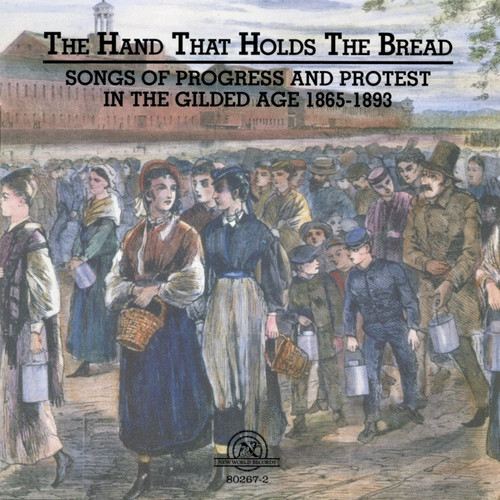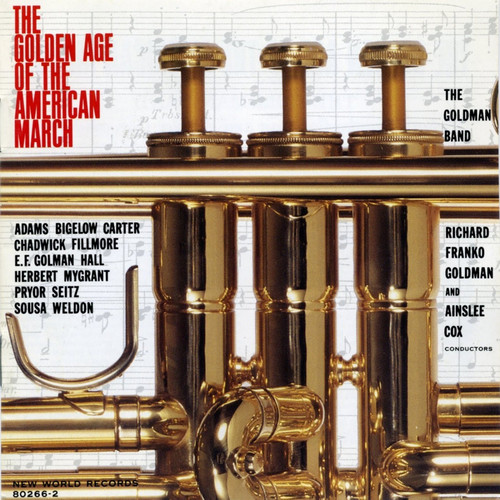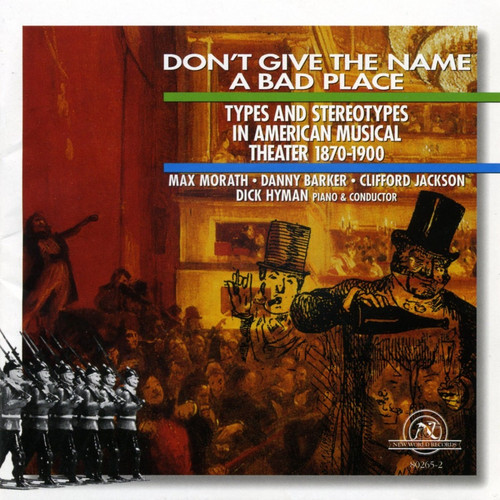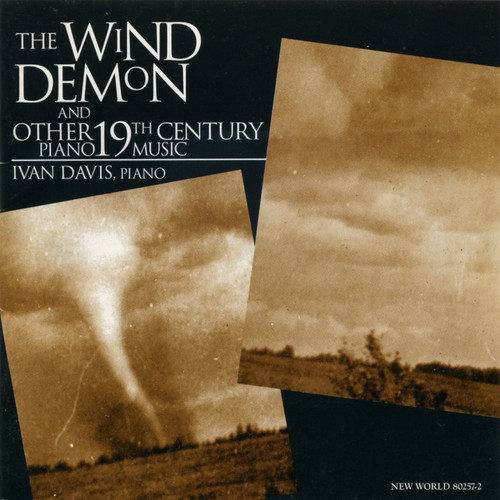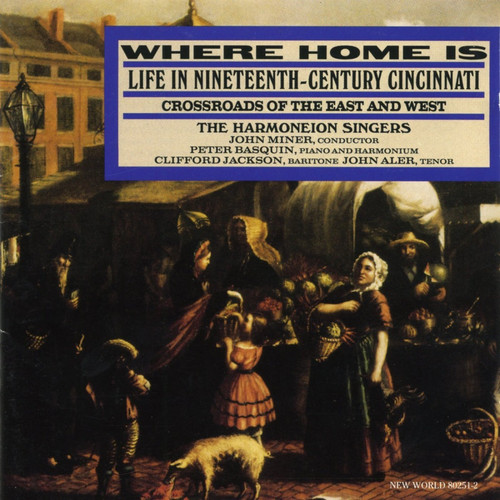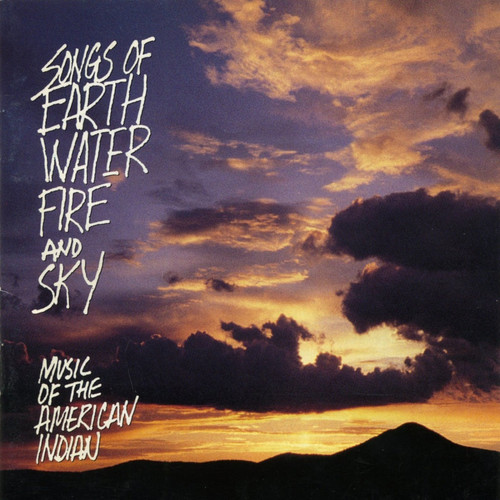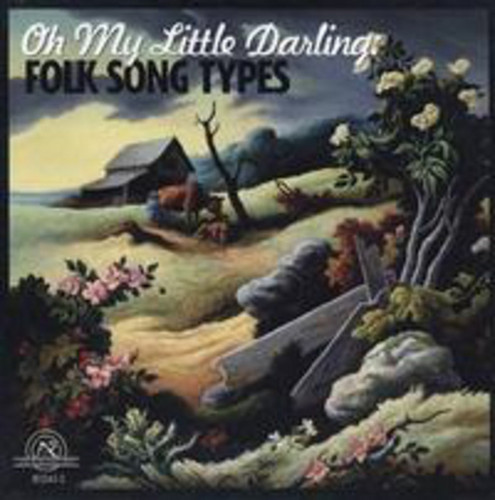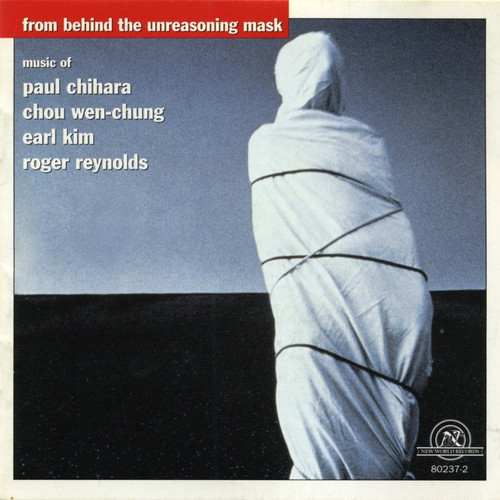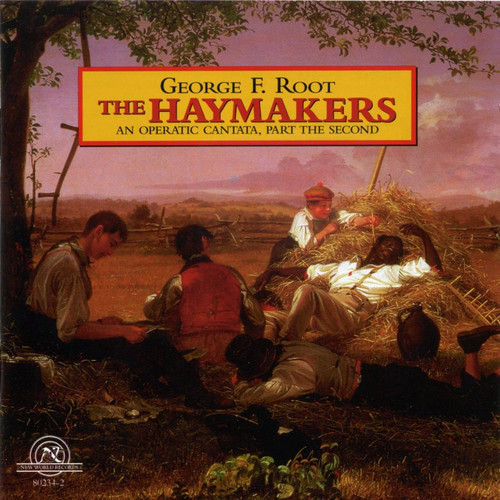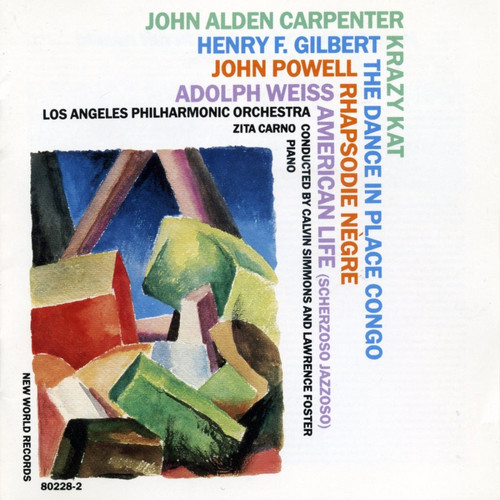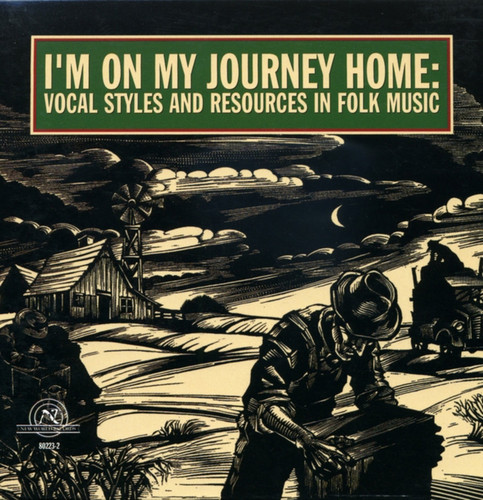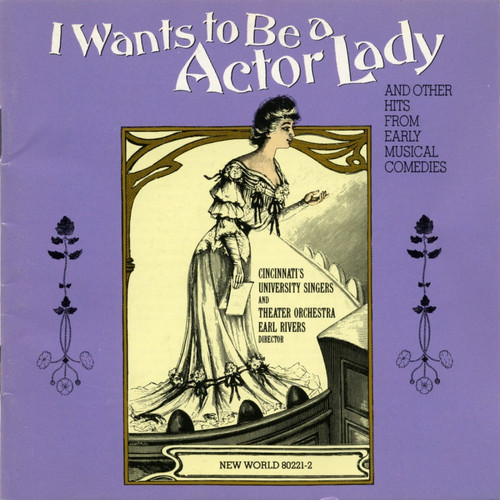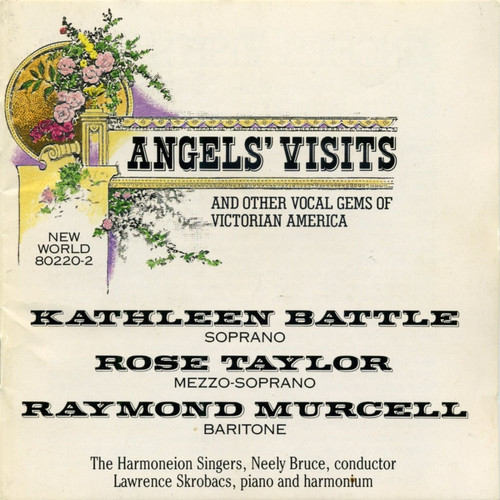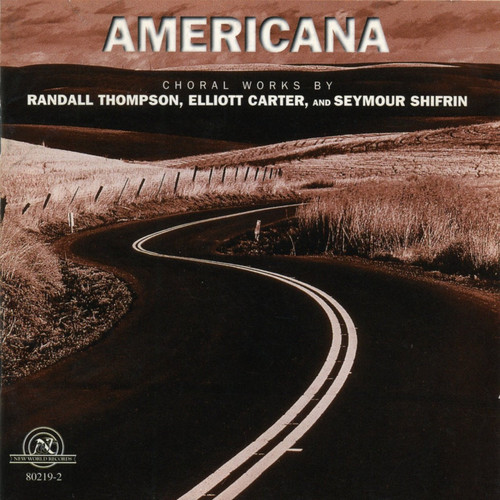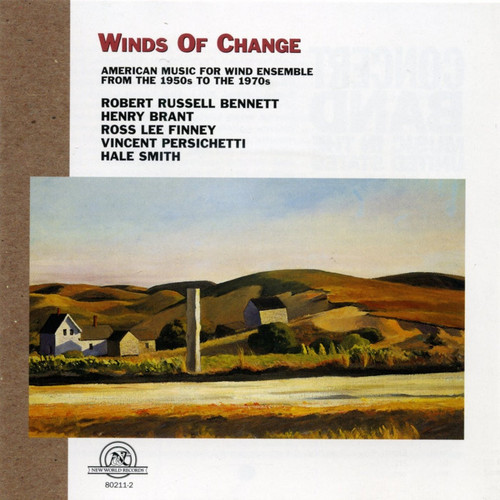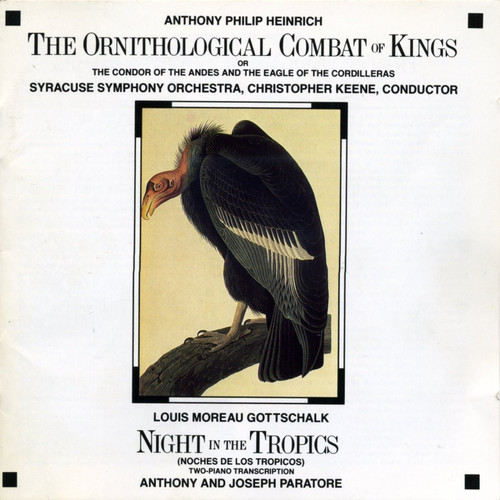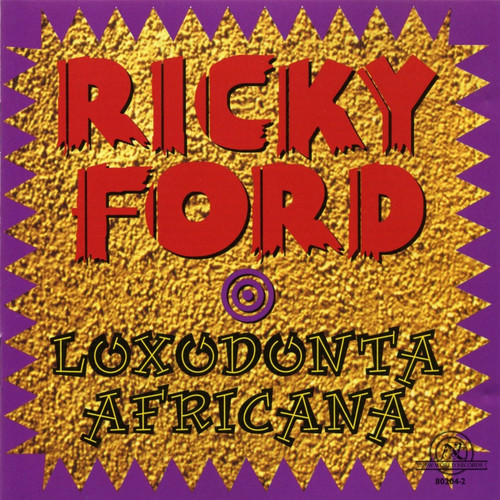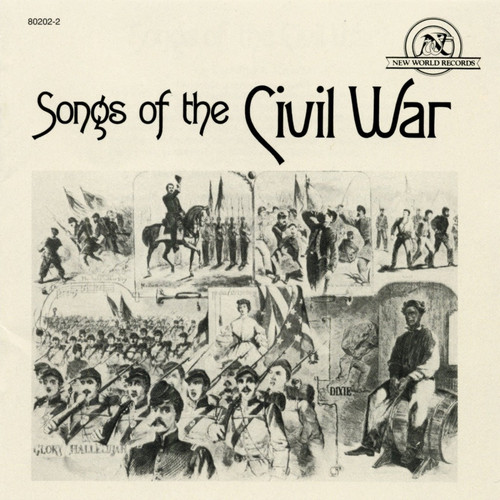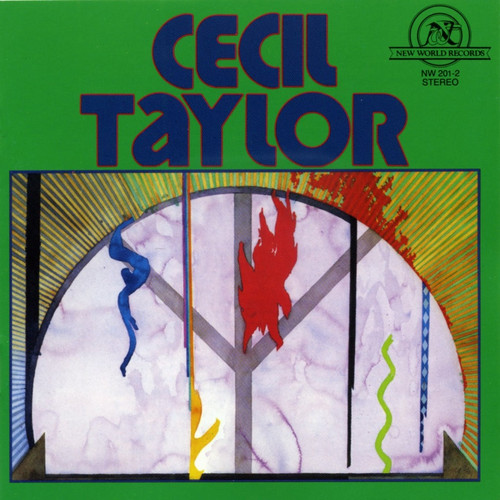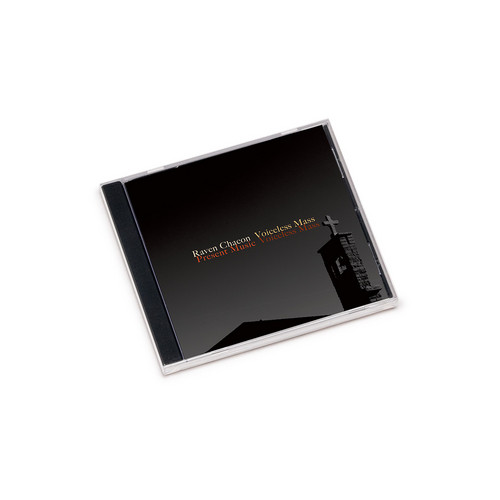★New World Records
The Hand That Holds The Bread
Songs of Progress and Protest in the Gilded Age 1865-1893
The Hand That Holds The Bread provides a window onto a particularly turbulent time (1865-1893) in this nation's history-a period of great economic disparity, surging immigration, and rampant …
The Golden Age Of The American March
The great age of the American march can be bounded by the years 1876 and 1926. This record gives a representative sampling of the American march during those halcyon years with a deliberate emphasis on some of the period's lesser-known and hard-to-fi…
Don't Give The Name A Bad Place (Types And Stereotypes In American Musical Theater 1870-1900)
In this time of charged debate about immigration and the concomitant stereotyping of minorities, this collection of fourteen songs drawn from musicals and minstrel shows reminds us that the habit of stereotyping has been with us longer than we care t…
The Wind Demon And Other 19th Century Piano Music
This compendium of American piano music of the last half of the nineteenth-century is a potpourri of popular salon pieces and works of more serious aspirations. Together they conjure a characteristic portrait of the society for which they were compos…
Where Home Is: Life In Nineteenth-Century Cincinnati/Crossroads Of The East And West
Life in 19th-Century Cincinnati
The Harmoneion Singers; John Miner, conductor; Peter Basquin, piano and harmonium; Clifford Jackson, baritone; John Aler, tenor
Where Home Is is an anthology of traditional songs of family and religious life coupled …
Songs Of Earth, Water, Fire And Sky (Music Of The American Indian)
Music of the San Juan Pueblo, Seneca, Northern Arapaho, Northern Plains, Creek, Yurok, Navajo, Cherokee, and Southern Plains Indians
The importance of American Indian music is found not in its impact on modern scholarship and composition but in the …
Oh My Little Darling: Folk Song Types
This superb anthology of old ballads and other folk-song types comprises pre-war commercial and field recordings made in the rural Southeast, the part of the United States that most closely met the textbook definition of a "folk culture," in which cu…
From Behind The Unreasoning Mask
Clearly influenced by Varese's concept of "pure sound," the four works on From Behind the Unreasoning Mask privilege the exploration of sound as a means of musical expression. In the 1970s, the integration of new vocal and instrumental techniques and…
The Haymakers (An Operatic Cantata, Part The Second)
Making its first appearance on CD, The Haymakers is an integral and indispensable part of the mosaic of the emerging American musical culture of the nineteenth century. It is a secular dramatic cantata on an American subject and was written in 1857, …
Los Angeles Philharmonic Orchestra, John Alden Carpenter, Henry F. Gilbert, Adolph Weiss, John Powell
Orchestral WorksIf diversity and independence are definitive American traits, it would be hard to find four roughly contemporaneous native composers more unmistakably American. Markedly different in personality, each going his own stubbornly separate way, each spoke…
I'm On My Journey Home: Vocal Styles And Resources In Folk Music
This album is a loosely structured survey of different types of vocal styles and resources found in rural Anglo-American lower- and middle-class communities. Some of the modes of performance, such as hollering and solo ballad singing, have almost die…
I Wants to Be a Actor Lady
The witty and charming selections on this CD are associated with shows that achieved their popularity through long-run productions in New York City from 1860 to 1900. A multitude of musical theater styles flourished in New York because it was the mos…
Kathleen Battle, Raymond Murcell, Rose Taylor, The Harmoneion Singers, Neely Bruce, Lawrence Skrobacs
Angels' Visits (And Other Vocal Gems Of Victorian America)This recording is a collection of American songs and hymns published mostly during the 1860s and 1870s that deal generally with angels, heaven, and death. Considering the rather morbid subject matter of these songs, they are surprisingly pleasant and…
Americana (Choral Works By)
Choral music has always held and continues to hold a prominent position in American musical life. The three works presented here take their place in a tradition that stretches back to the Puritan Fathers. The title composition, Americana, is one of t…
Robert Russell Bennett, Henry Brant, Ross Lee Finney, Vincent Persichetti, Hale Smith, The Northwestern University Symphonic Wind Ensemble, John P. Paynter
Winds Of Change:American Music for Wind Ensemble 1950s-1970sA welcome appearance on disc of some of the finest American music for wind ensemble from the 1950s to the 1970s that demonstrates the evolution of the wind band as a vehicle for “serious” composition. The five compositions represent a wide cross-sect…
Anthony Philip Heinrich, Syracuse Symphony Orchestra, Christopher Keene, Louis Moreau Gottschalk, Anthony Und Joseph Paratore
The Ornithological Combat of Kings/Night in the TropicsHere are two extremely entertaining concoctions by two nineteenth-century American Romantics who wrote music on a grand scale. After a broadly lyrical first movement in the grand tradition of his friend and mentor Hector Berlioz, Gottschalk introduce…
Loxodonta Africana
From 1977, seven tunes, five of them by Ricky Ford, the then 23-year-old tenor saxophonist and member of the Charles Mingus band and leader of the session. Accompanied by bassist extraordinaire Richard Davis and the great Dannie Richmond, Ford leads …
Songs of the Civil War
The Civil War, one of the most deeply felt episodes in America's history, has left a heritage of music that reflects those feelings in the most vivid way. Indeed, this music was so intimately involved with events of the time that it became part of th…
Cecil Taylor Unit
This record presents further evidence of Cecil Taylor’s genius and awesome ability to work within the group context, in which he furthers his exploration of the piano “as catalyst feeding material to soloists in all registers.” This music at times ge…
Voiceless Mass
Listening is the foundation of Raven Chacon’s (b. 1977) wide-ranging artistic practice. “I am a listener,” he simply declares, but the attention he gives to sound is complex and vast, encompassing far more than what is immediately audible. From his e…
